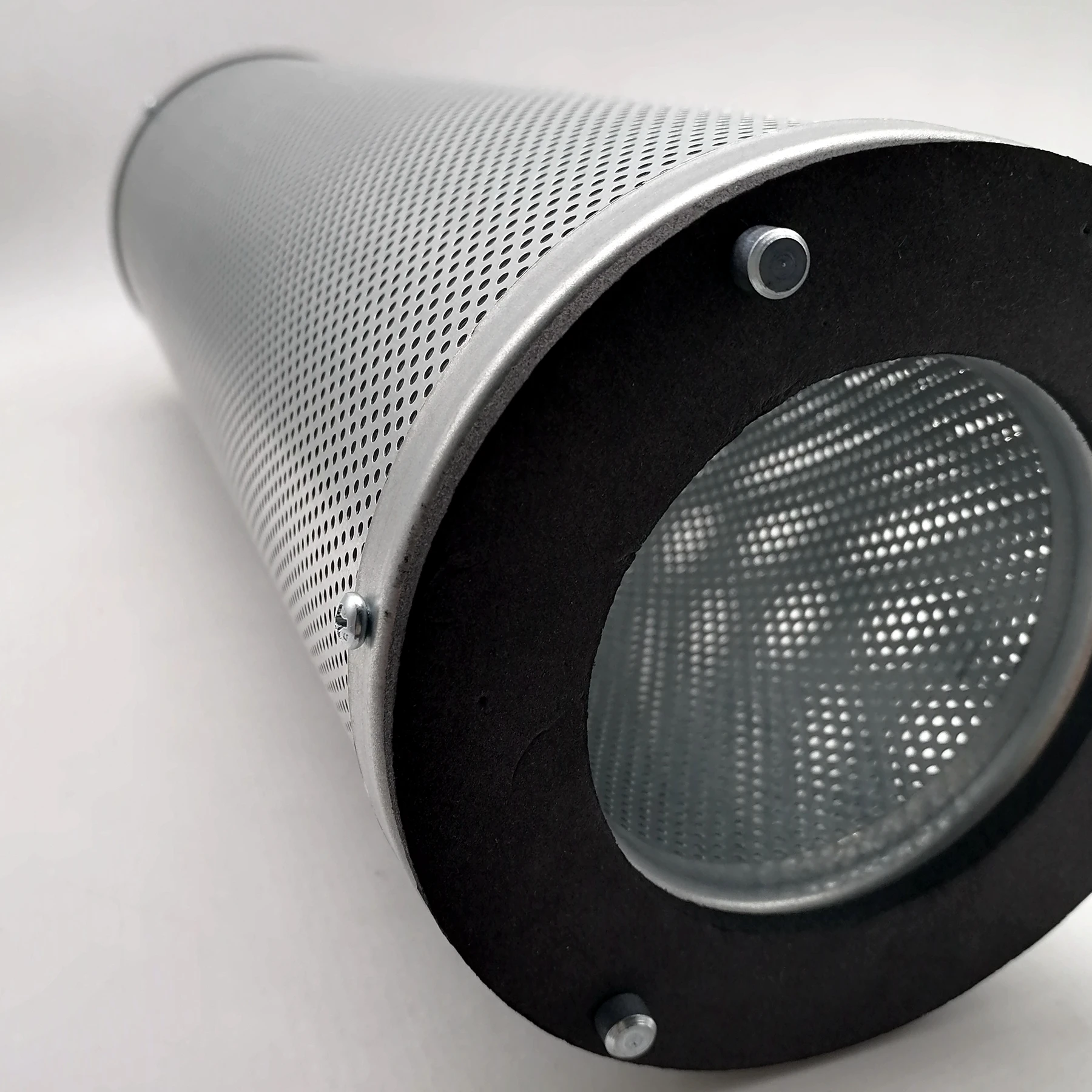 Tel:
+8615930870079
Tel:
+8615930870079
Δεκ . 31, 2024 12:55 Back to list
Selection and Maintenance of Air Filters for Gas Turbine Performance Optimization
The Importance of Air Filters in Gas Turbine Operations
Gas turbines are a cornerstone of modern energy generation and jet propulsion, renowned for their efficiency and reliability. The heart of these machines lies in their ability to convert fuel into mechanical energy, but this process is heavily reliant on the quality of air that enters the combustion chamber. Herein lies the critical role of air filters, which are essential components in maintaining the optimal performance of gas turbines.
Understanding the Role of Air Filters
Air filters serve a pivotal function in the overall operation of gas turbines by ensuring that the air entering the system is clean and free of contaminants. The air entering a gas turbine must be filtered to remove particulates such as dust, dirt, pollen, and other pollutants that could severely damage engine components. Without proper filtration, these particles can lead to turbine blade erosion, decrease efficiency, and ultimately result in expensive repairs and downtime.
Airborne contaminants can also adversely affect the combustion process itself. Impurities can disrupt the mixing of air and fuel, leading to incomplete combustion, increased emissions, and lower thermal efficiency. Therefore, utilizing a high-quality air filter is vital not only for the turbine's operational longevity but also for environmental compliance.
Types of Air Filters
Gas turbine air filters come in various designs and technologies, tailored to specific operational demands and environments. The most common types include
1. Mechanical Filters These are the simplest form of filtration, often employing a series of fibrous materials to trap particulates as air flows through. Mechanical filters are effective for larger particles but may not capture smaller airborne contaminants.
2. Electrostatic Filters Using electrical charges to attract and capture particles, these filters can capture both large and microscopic contaminants. Their higher efficiency makes them particularly desirable in environments with high levels of fine dust and pollutants.
3. HEPA Filters High-Efficiency Particulate Air (HEPA) filters are extremely efficient, capable of capturing up to 99.97% of particles as small as 0.3 microns. Given their outstanding performance, HEPA filters are often used in critical applications, including aerospace and medical environments.
gas turbine air filter

4. Washable Filters In certain applications, reusable or washable filters can be beneficial. These filters can be cleaned and reused, providing a cost-effective solution for long-term operations. However, maintenance and cleaning must be managed rigorously to ensure continued performance.
Maintenance and Monitoring
Regular maintenance and monitoring of air filters are essential for optimal gas turbine performance. Over time, filters become saturated with particulates, leading to increased resistance and reduced airflow. This can cause the turbine to work harder, leading to increased fuel consumption and wear on components.
Scheduled inspections and filter changes should be integral parts of any maintenance plan. Additionally, advancements in monitoring technology, such as pressure gauges and smart sensors, allow operators to track filter performance in real-time. This data can inform timely maintenance decisions, preventing unexpected downtimes and costly repairs.
Environmental Considerations
In the context of increasing environmental regulations and a global push towards cleaner energy, air filters in gas turbines are also gaining importance for their role in emission control. Effective filtration helps to ensure that operational thresholds for pollutants are met, supporting compliance with environmental standards.
Furthermore, the technological advancements in air filter design are contributing to the overall efficiency of gas turbines, enabling them to meet the demands of a modern energy landscape that values both efficiency and sustainability.
Conclusion
In summary, the significance of air filters in gas turbine operations cannot be overstated. They not only protect the turbine from potential damage caused by airborne contaminants but also enhance overall performance and efficiency. As technology continues to evolve, the effectiveness of air filtration systems is likely to improve, further cementing their role as a vital component of gas turbine technology. Protecting the integrity of gas turbines will continue to be a priority for operators, ensuring reliable operations in an increasingly complex energy environment.
-
Nano Fiber Technology: Revolutionizing Cartridge Dust Collector FiltersNewsAug.06,2025
-
How Activated Carbon Air Cartridges Eliminate OdorsNewsAug.06,2025
-
Dust Filter Cartridge Handling Fine Particulate MatterNewsAug.06,2025
-
Cartridge Dust Collector Filter for Welding Fume ExtractionNewsAug.06,2025
-
Activated Carbon Filter Cartridge Effectiveness Against VOCsNewsAug.06,2025
-
Activated Carbon Air Filter Cartridge Benefits ExplainedNewsAug.06,2025

 Email:
Email:





